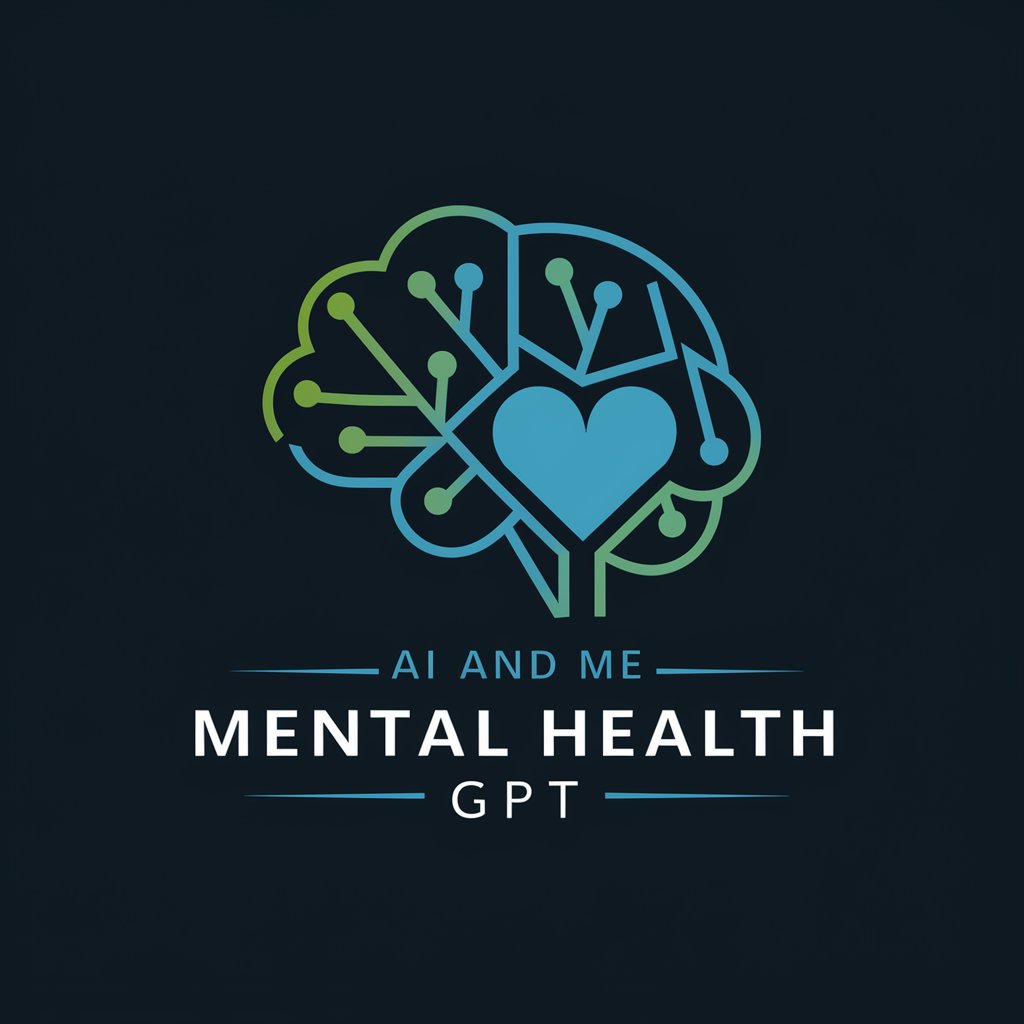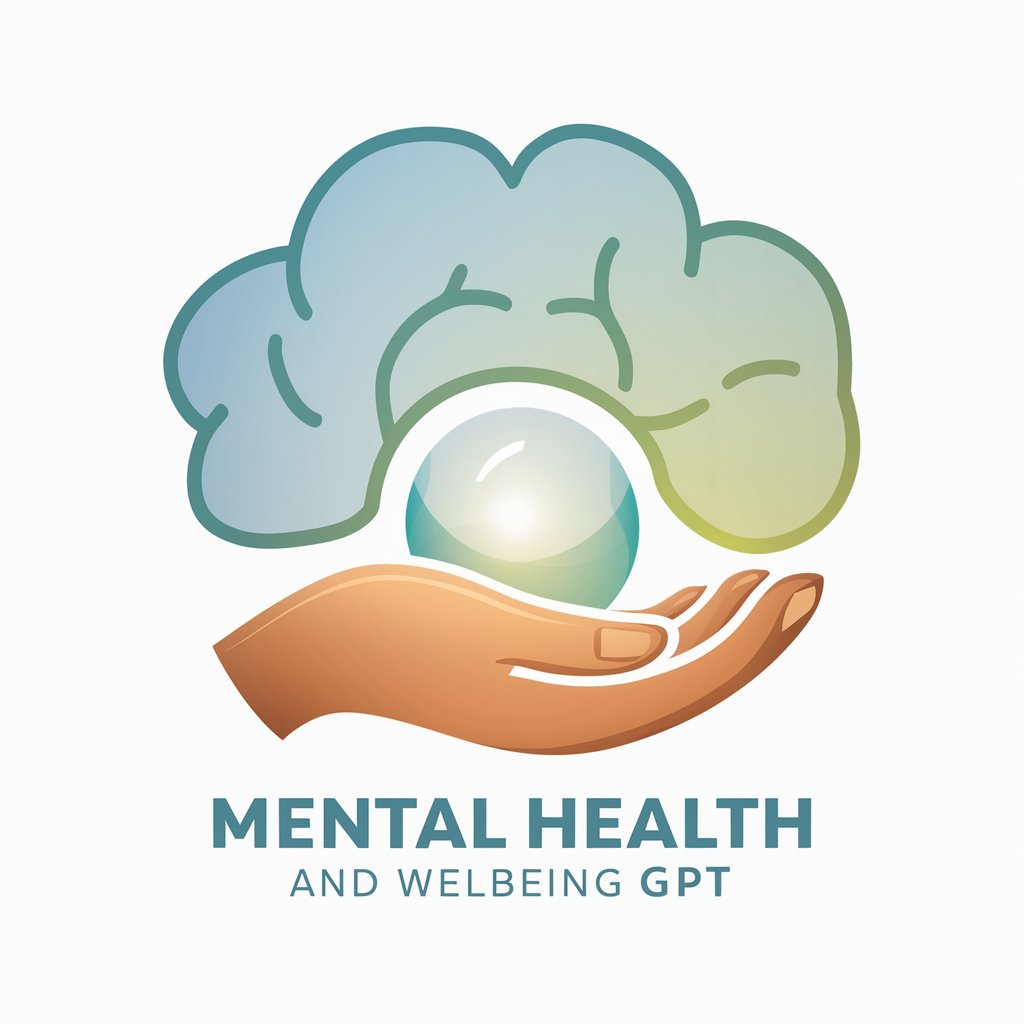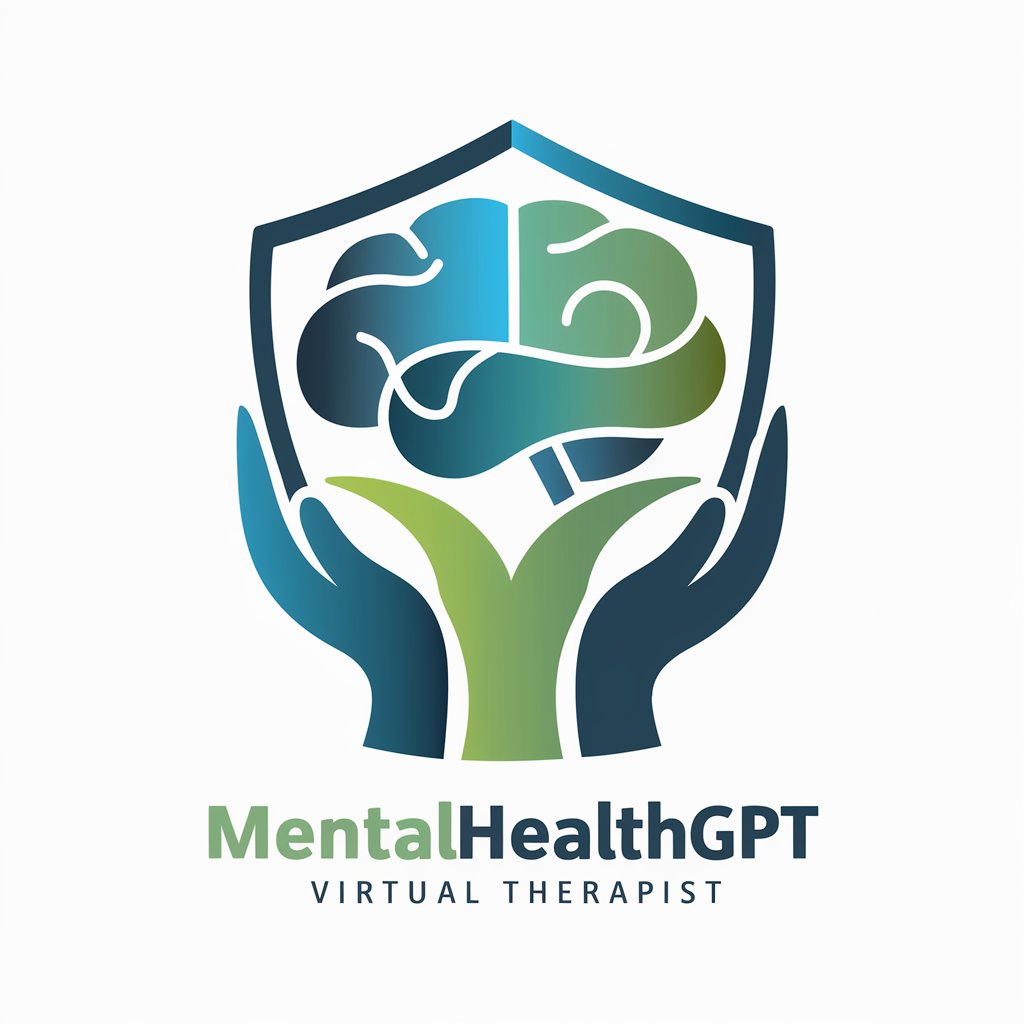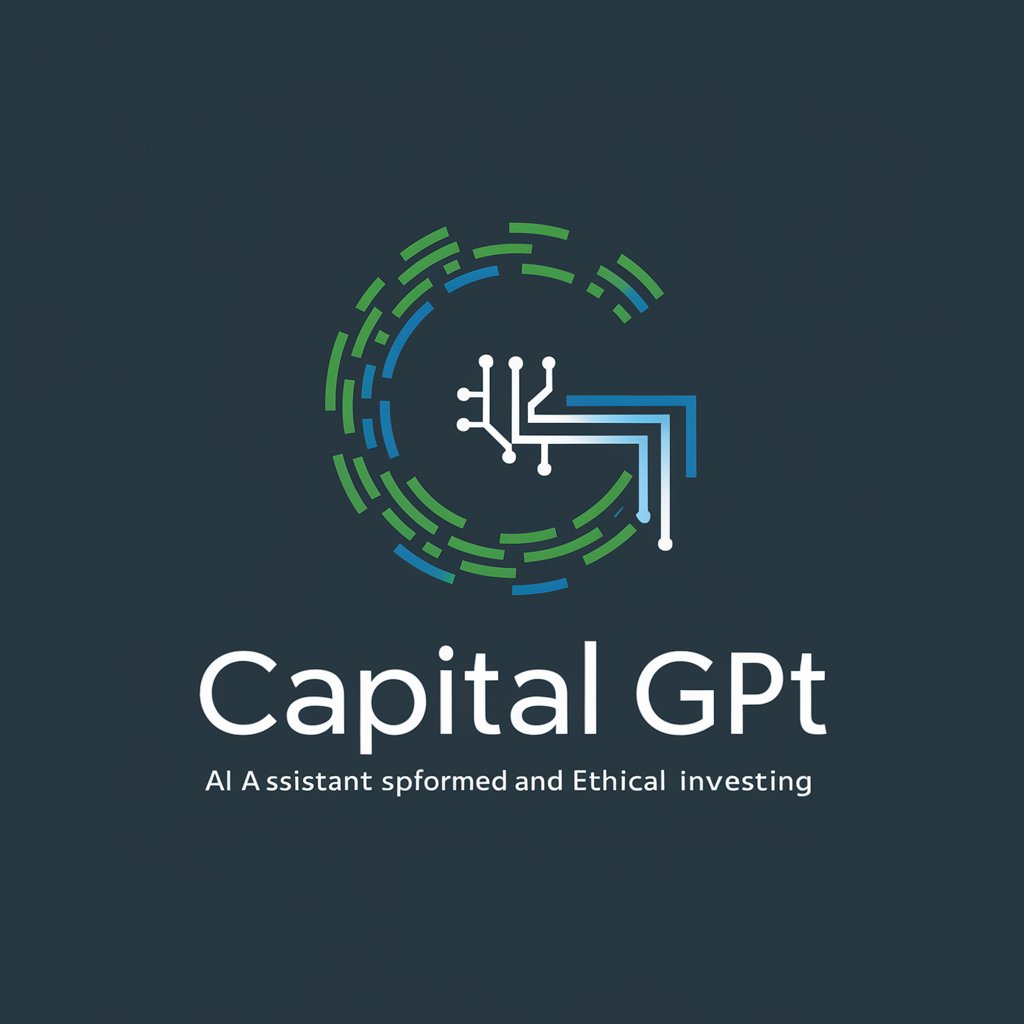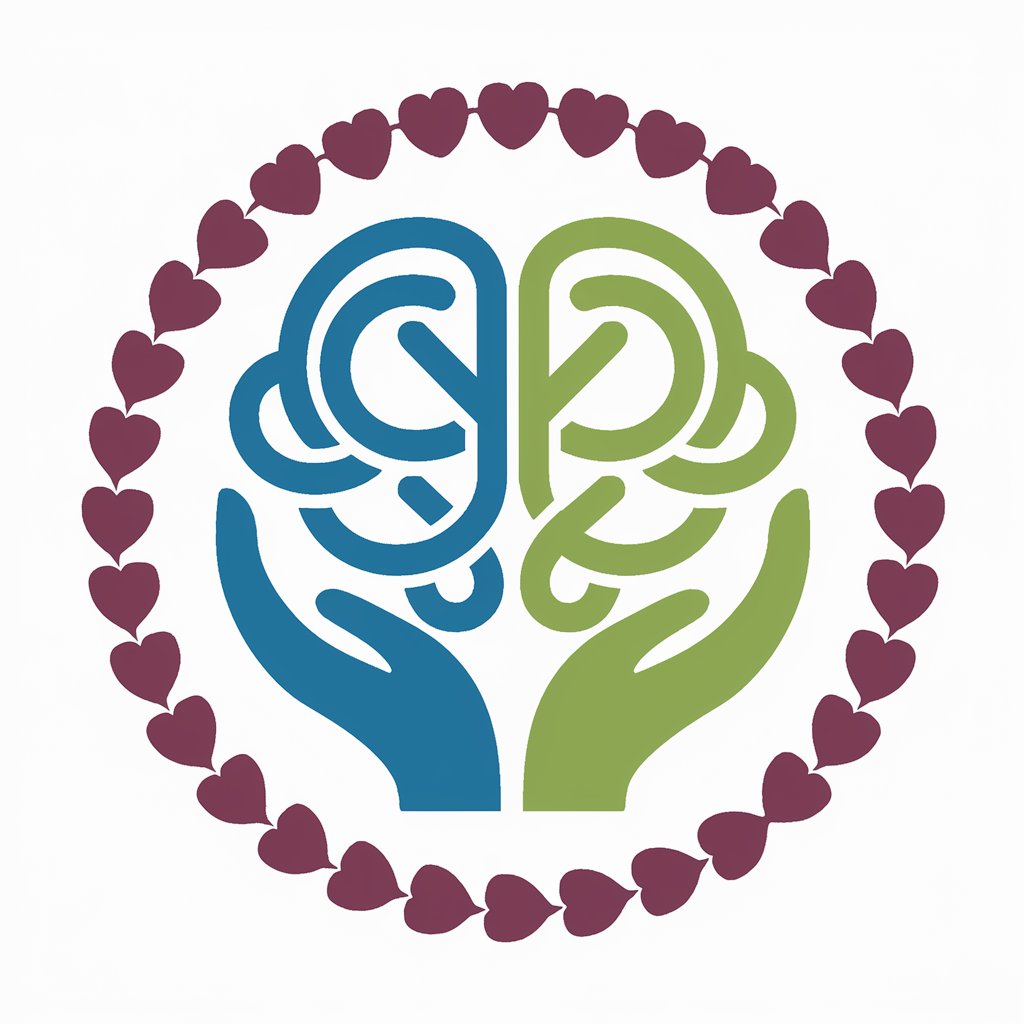
Mental Health GPT - Personalized Mental Health Support
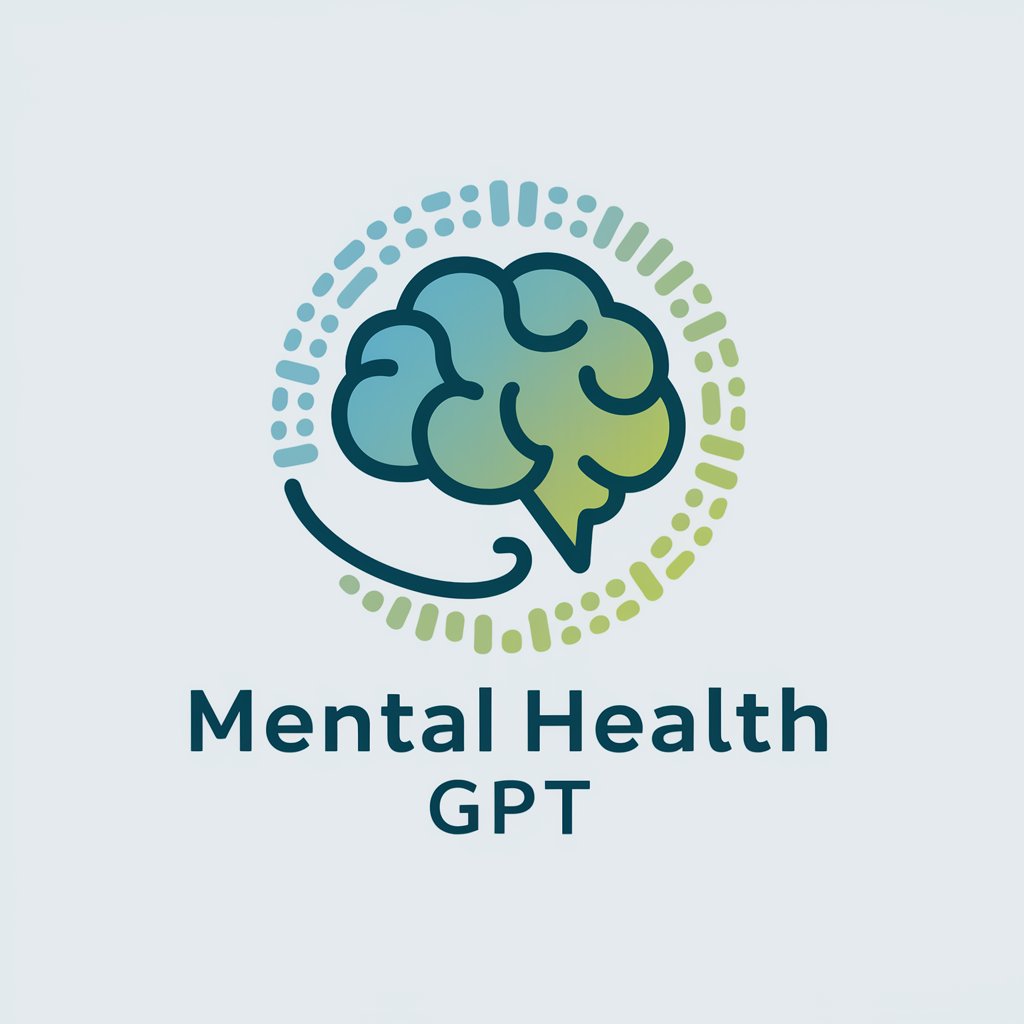
Hello! How can I support your mental well-being today?
Empowering Your Mental Health Journey with AI
What are some effective strategies for managing anxiety?
How can I improve my sleep quality?
What are the benefits of mindfulness meditation?
How can I develop healthier coping mechanisms for stress?
Get Embed Code
Introduction to Mental Health GPT
Mental Health GPT is designed as an AI companion to support individuals on their mental health journey. Its primary goal is to enhance self-awareness, facilitate progress tracking, and offer a personalized guide that can be shared with healthcare providers. By engaging in interactive dialogues, Mental Health GPT gathers insights into a user's mental state, concerns, and goals. It respects user privacy by anonymizing data and being transparent about data handling practices. For example, it can simulate a conversation where a user expresses feelings of anxiety and stress due to work pressure. The GPT would then provide supportive feedback, suggest coping strategies, and help the user set achievable goals to manage stress, illustrating its role as a supportive and guiding companion. Powered by ChatGPT-4o。

Main Functions of Mental Health GPT
Personalized Mental Health Tracking
Example
A user shares their daily feelings and challenges. Mental Health GPT compiles these entries into a report highlighting patterns, progress, and areas of concern.
Scenario
For someone dealing with anxiety, this function helps them see how their anxiety levels change over time, correlating triggers and effective coping mechanisms.
Goal Setting and Progress Monitoring
Example
Based on the user's interaction, Mental Health GPT assists in setting specific, measurable, achievable, relevant, and time-bound (SMART) goals for improving their mental health.
Scenario
A user wants to reduce social anxiety. The GPT helps them set goals like initiating small conversations twice a week and tracks their progress.
Coping Strategy Suggestions
Example
When users express specific stresses or emotional challenges, Mental Health GPT offers tailored advice on coping mechanisms, such as mindfulness exercises or journaling.
Scenario
A user feels overwhelmed with work. The GPT suggests breaking tasks into smaller steps and taking short breaks, demonstrating practical support.
Privacy-First Approach
Example
All interactions with Mental Health GPT are anonymized and users are informed about how their data is used, ensuring a secure and confidential environment.
Scenario
Before starting, users are reassured that their conversations are private, which encourages open and honest communication about mental health issues.
Ideal Users of Mental Health GPT
Individuals Seeking Mental Health Support
People experiencing mild to moderate mental health issues, such as stress, anxiety, or depression, who are looking for initial guidance or supplementing existing therapies. They benefit from the GPT's ability to provide immediate, personalized support and coping strategies.
Healthcare Providers
Therapists and counselors can use insights from Mental Health GPT as a tool to understand their patients' progress outside sessions. It aids in tailoring therapy sessions based on real-time data about the patient's mental state.
Individuals Interested in Personal Growth
People focused on self-improvement and personal development who want to enhance their emotional intelligence, resilience, and overall mental wellbeing. Mental Health GPT serves as a reflective tool, helping users to set and achieve personal goals.

How to Use Mental Health GPT
Initiate your journey
Start by visiting yeschat.ai to access Mental Health GPT for an introductory experience without needing to sign up for ChatGPT Plus.
Define your goals
Consider what you hope to achieve with Mental Health GPT, whether it's gaining insights into your emotional well-being, seeking guidance on stress management, or exploring strategies for mental health improvement.
Engage in conversation
Interact with Mental Health GPT by asking questions or discussing concerns. The AI will provide personalized feedback based on your inputs.
Reflect and review
Take time to reflect on the feedback and insights provided. Use these to evaluate your mental health journey and identify areas for growth.
Set and track goals
Utilize Mental Health GPT to set personal mental health goals and periodically review your progress towards these goals, adjusting as necessary.
Try other advanced and practical GPTs
Pet Behavior Decoder 😻🐕🧠
Deciphering pet behavior with AI precision.
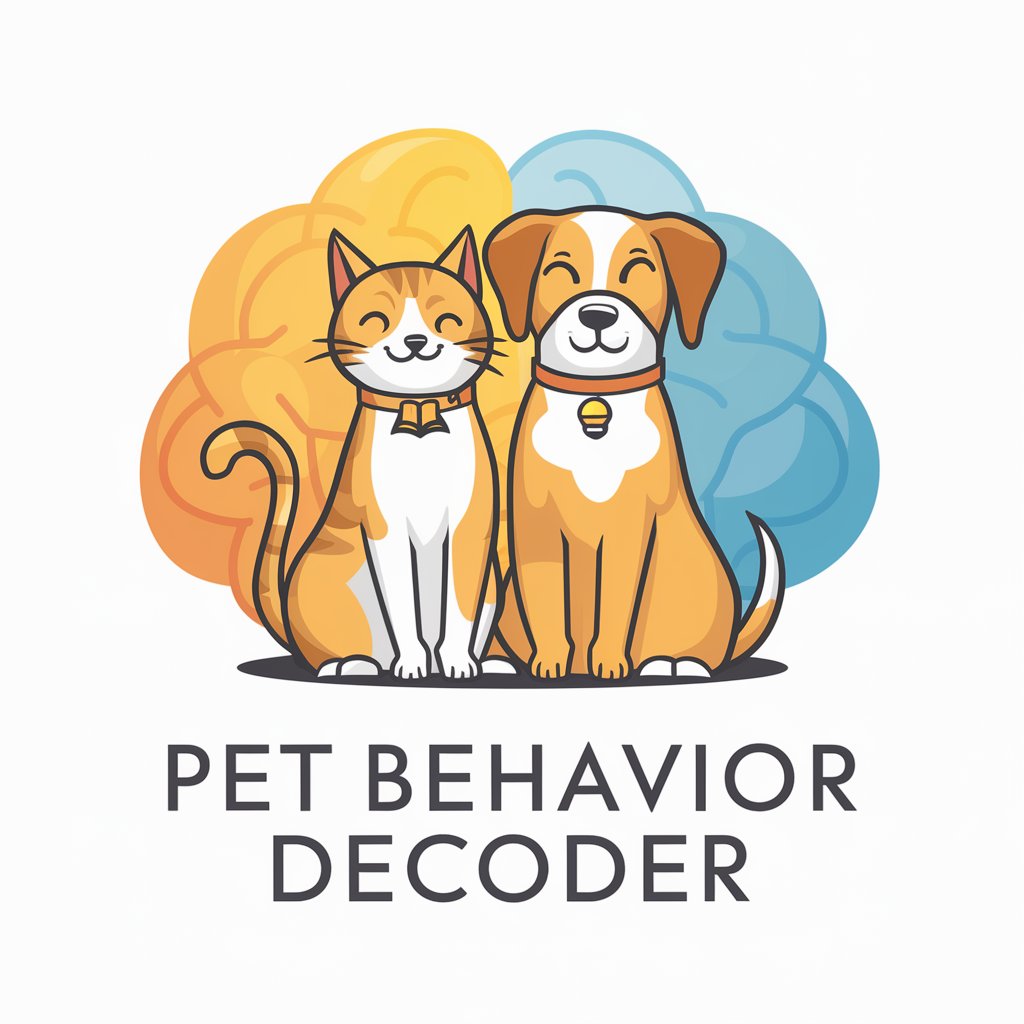
Remedy Navigator
Navigate Your Health with AI
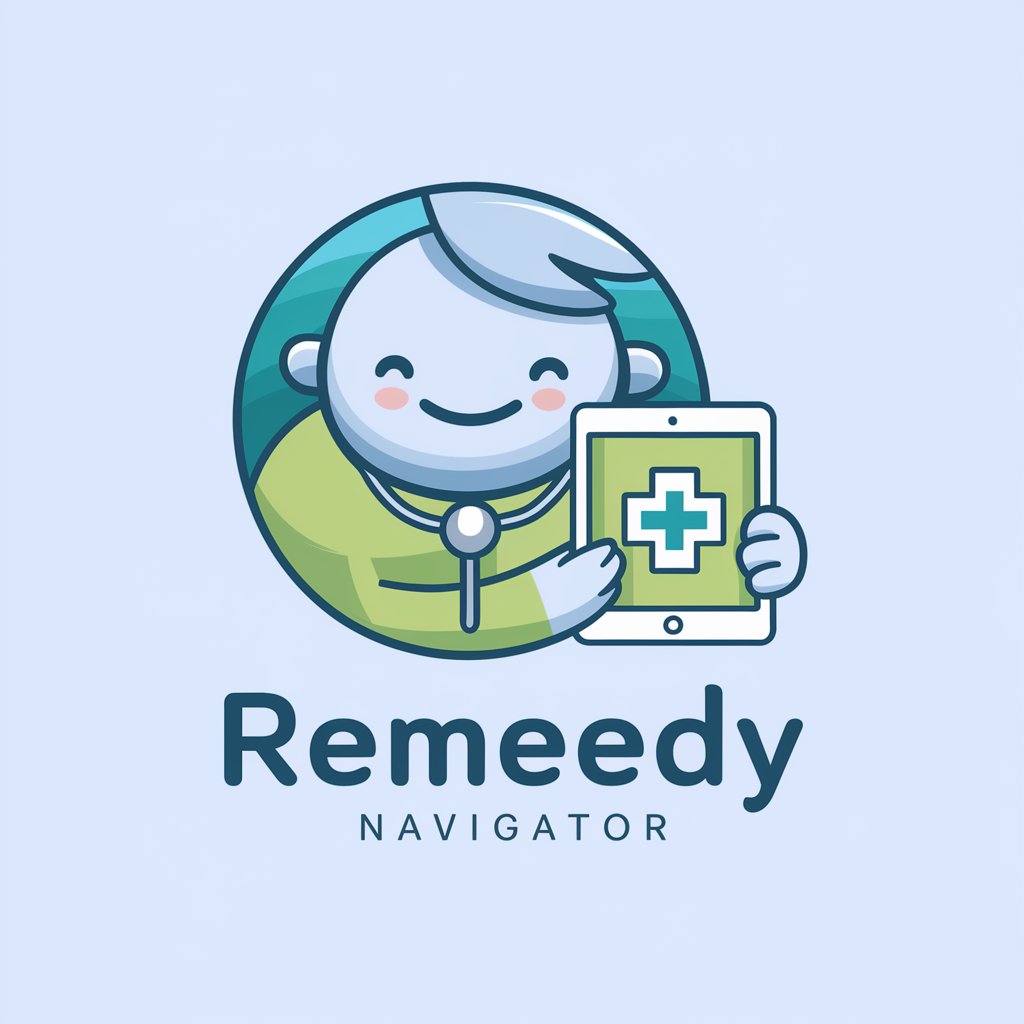
Prostate Cancer
Empowering knowledge on prostate health
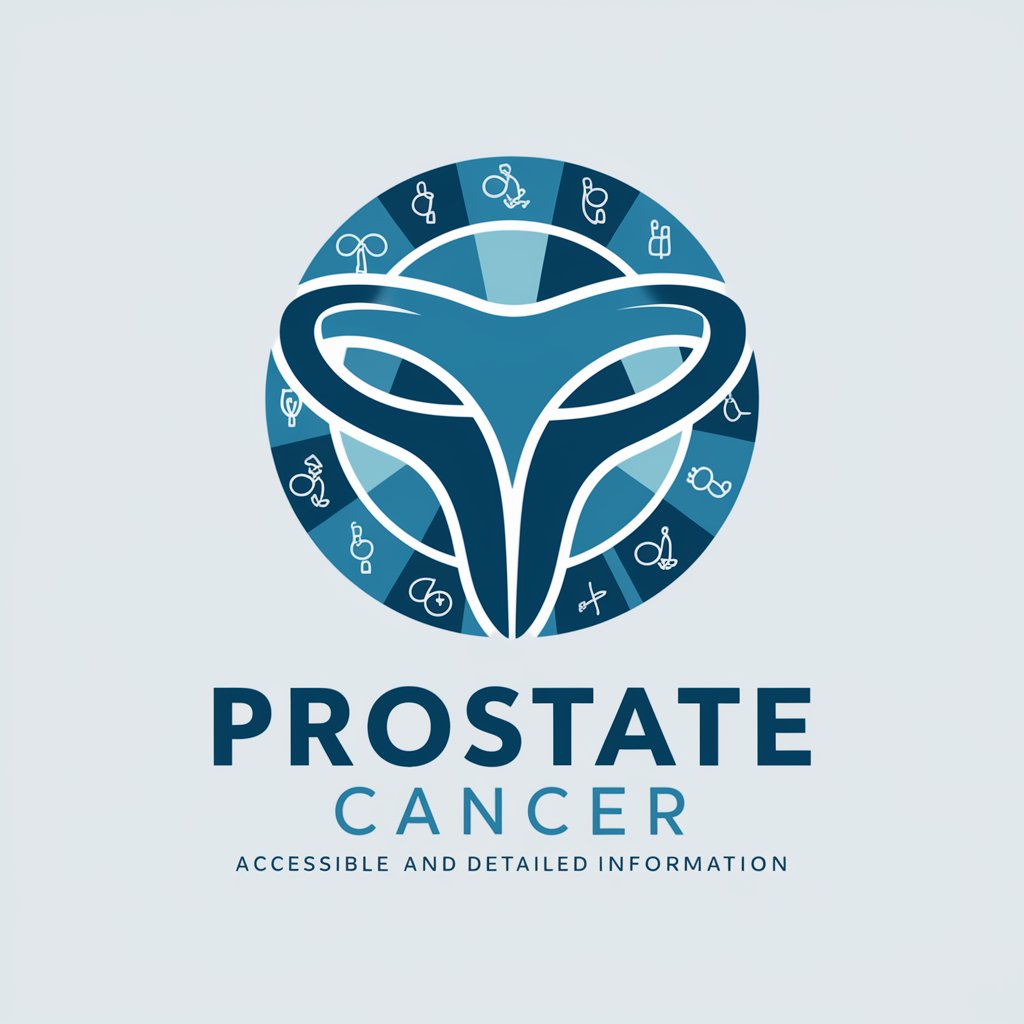
ThesisGPT
AI-powered academic and research aid
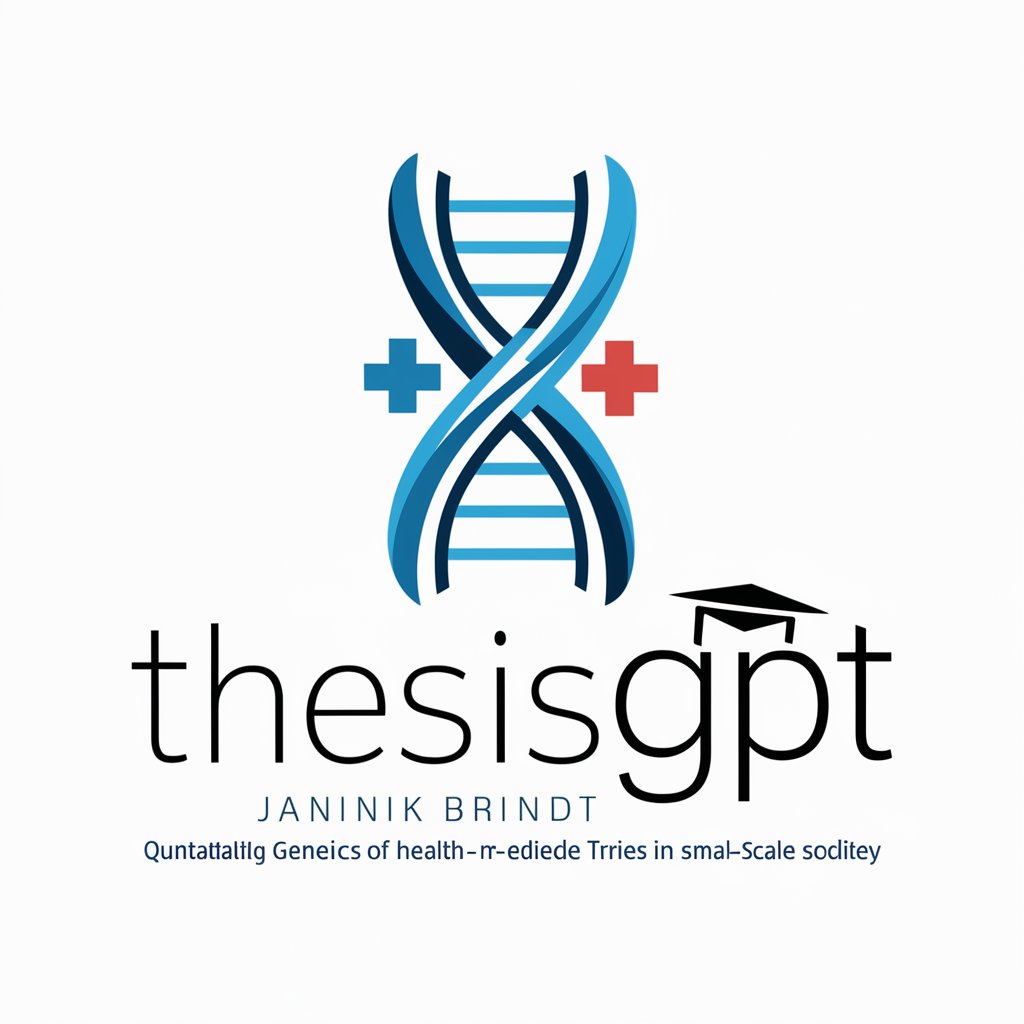
Epidemiology & Public Health Advisor
Empowering Public Health Decisions with AI
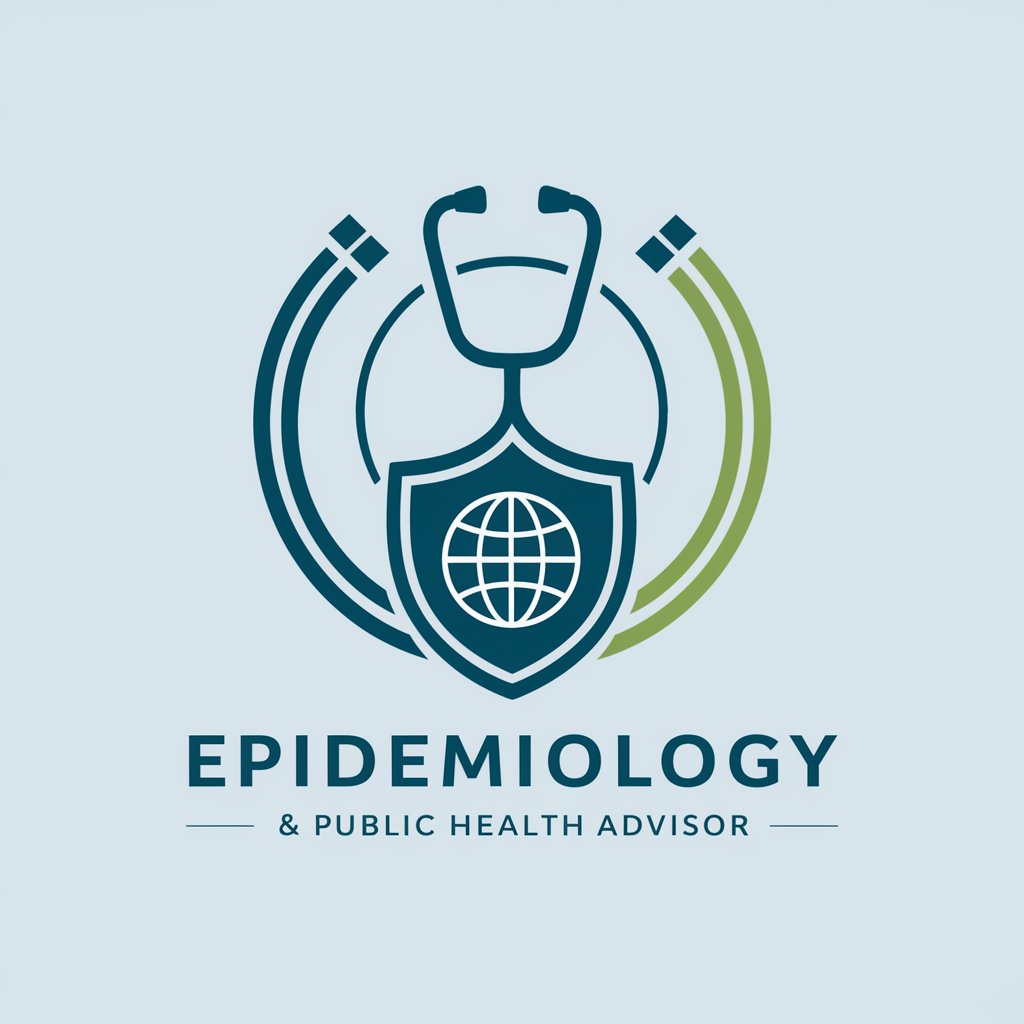
Gaming Reviews
Empower Your Gaming Choices with AI

PropertyPal
Streamline Your Property Management with AI

Home Value
Estimate Your Home's Value with AI
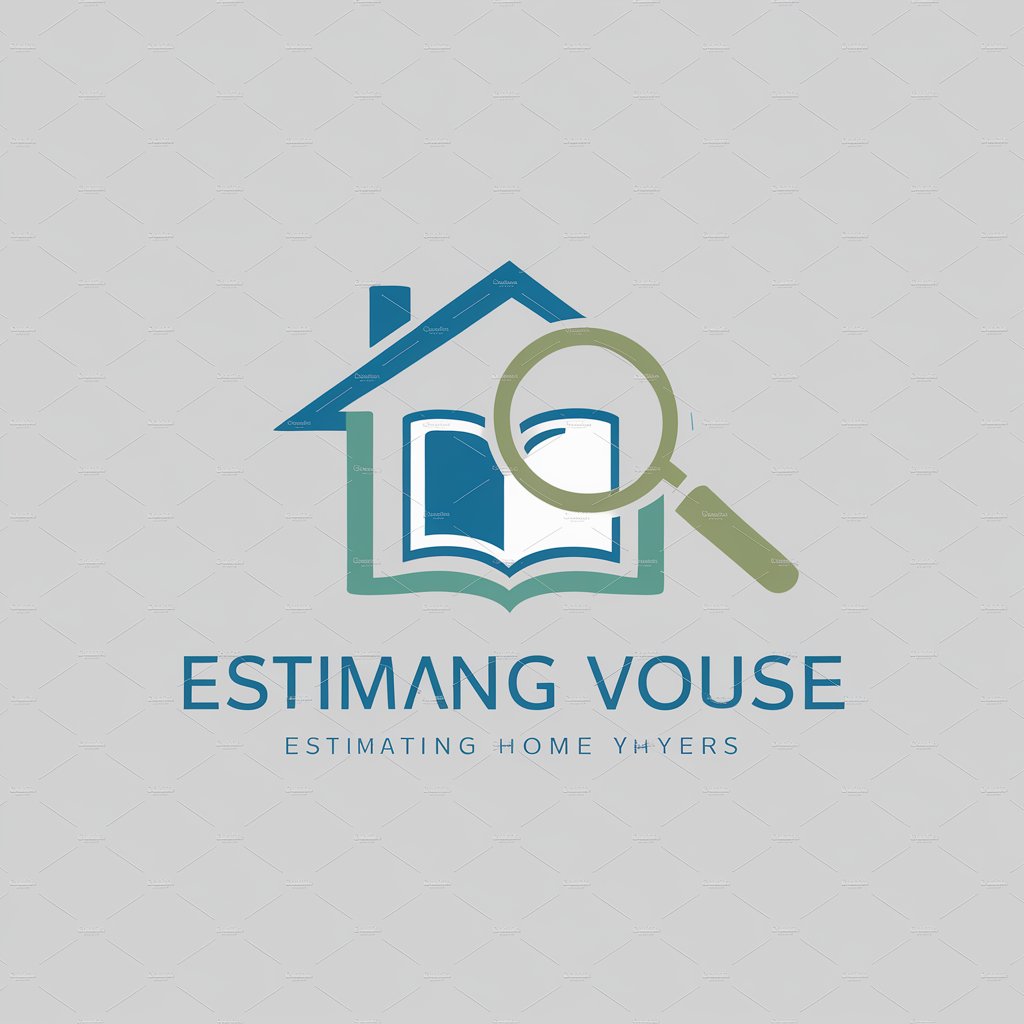
Home Sustainability Advisor
Empowering Sustainable Living with AI

Lounge
Design Your Dream Lounge with AI

Commercial Real Estate Navigator
Navigate Commercial Real Estate with AI Insight

Industrial
Empowering Industry with AI Insights

Frequently Asked Questions about Mental Health GPT
What is Mental Health GPT?
Mental Health GPT is an AI-powered tool designed to provide personalized support and guidance for mental health concerns. It offers conversational interaction to help users explore their feelings, identify patterns, and work towards personal growth and well-being.
How does Mental Health GPT ensure user privacy?
Mental Health GPT prioritizes user privacy by anonymizing personal data, securing conversations, and adhering to strict data protection regulations. Users can engage with the tool confidently, knowing their privacy is safeguarded.
Can Mental Health GPT diagnose mental health conditions?
No, Mental Health GPT cannot diagnose conditions. It is designed as a supportive tool for self-exploration and mental well-being. Professional consultation is recommended for diagnosis and treatment of mental health conditions.
How can Mental Health GPT help me with stress?
Mental Health GPT can offer strategies for stress management, including mindfulness techniques, coping strategies, and personalized advice based on your specific situations and stressors.
Can I use Mental Health GPT to track my mental health progress?
Yes, by regularly engaging with Mental Health GPT, you can discuss your feelings, set goals, and track your progress over time. The tool helps you reflect on your journey and adjust your strategies for mental health improvement.

